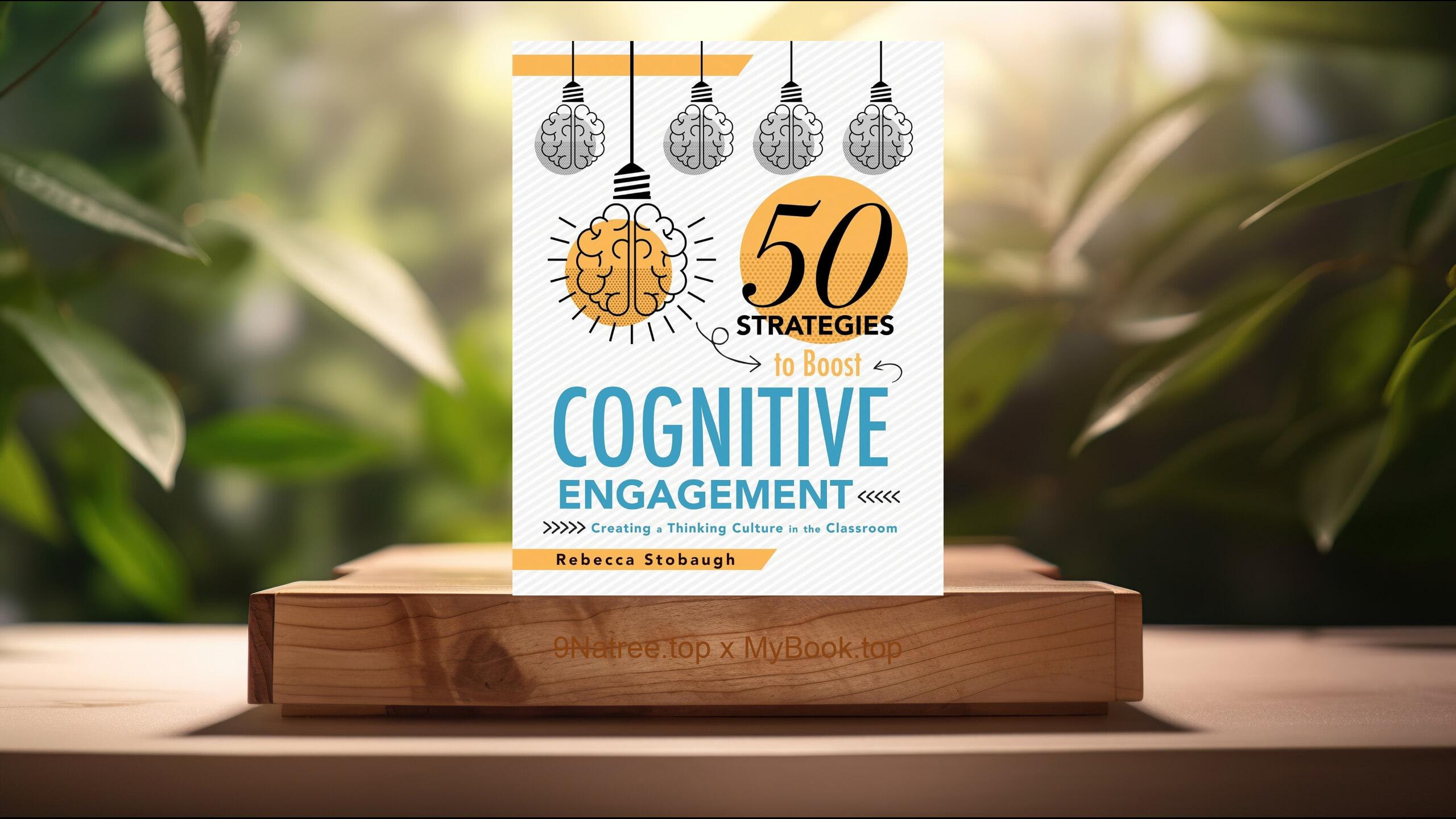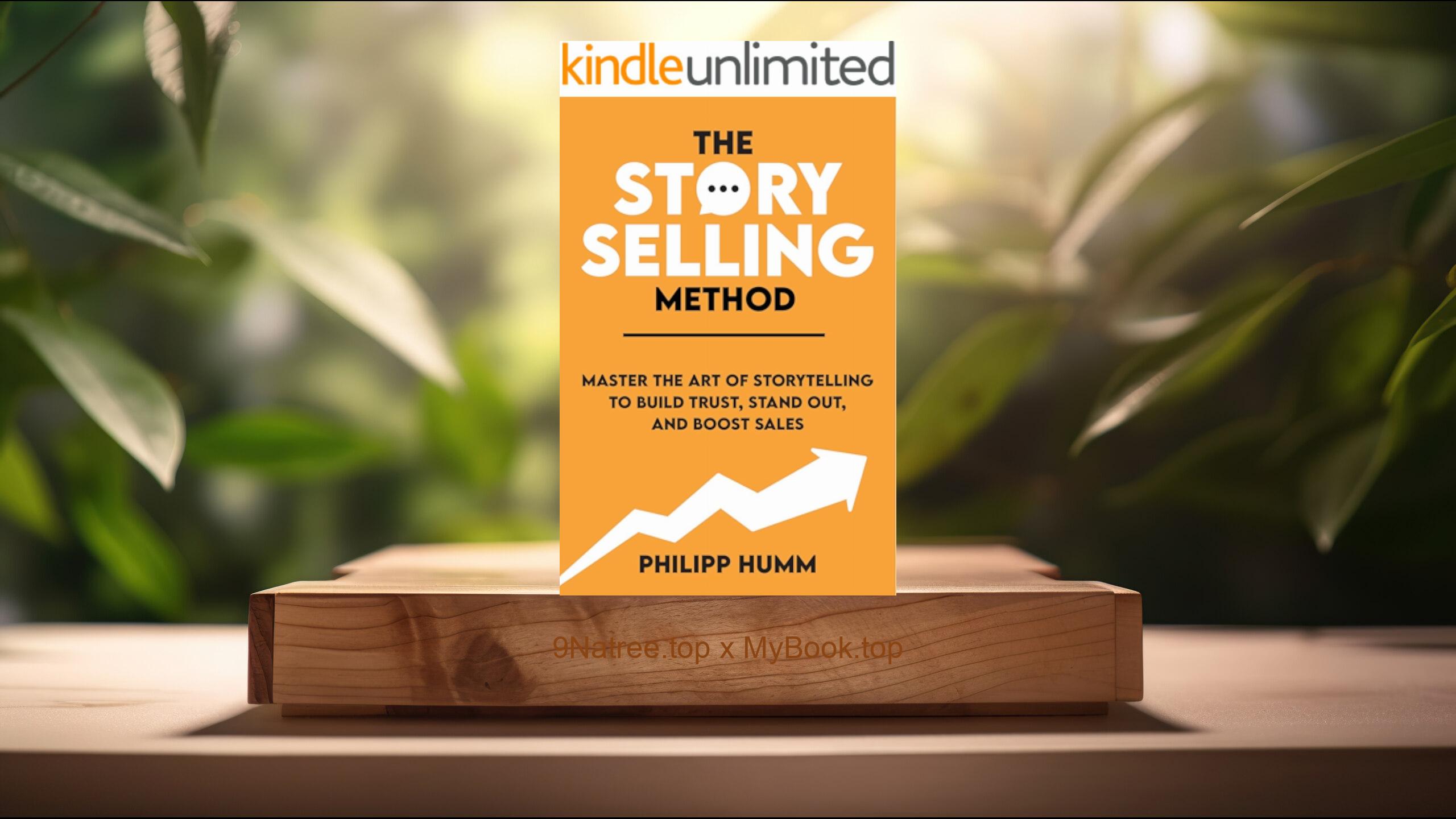Show Notes
- Amazon USA Store: https://www.amazon.com/dp/B0725F8MQY?tag=9natree-20
- Amazon Worldwide Store: https://global.buys.trade/It-s-Not-Always-Depression-Hilary-Jacobs-Hendel.html
- Apple Books: https://books.apple.com/us/audiobook/its-not-always-depression-working-the-change-triangle/id1417700433?itsct=books_box_link&itscg=30200&ls=1&at=1001l3bAw&ct=9natree
- eBay: https://www.ebay.com/sch/i.html?_nkw=It+s+Not+Always+Depression+Hilary+Jacobs+Hendel+&mkcid=1&mkrid=711-53200-19255-0&siteid=0&campid=5339060787&customid=9natree&toolid=10001&mkevt=1
- Read more: https://mybook.top/read/B0725F8MQY/
#emotionalhealth #ChangeTriangle #coreemotions #authenticself #emotionalresilience #ItsNotAlwaysDepression
These are takeaways from this book.
Firstly, Understanding the Change Triangle, The Change Triangle is a central framework in 'It's Not Always Depression' used to identify and address hidden emotions. It serves as a map to decode core emotions, defenses, and inhibitory feelings, promoting emotional awareness. Hendel explains how each point on the triangle represents a state of being: emotional suppression, uncomfortable inhibition like anxiety or shame, and core emotions which are fundamental. The tool encourages readers to confront, rather than avoid, emotional discomfort, providing a path to uncover the depth of real emotions buried beneath surface-level symptoms. Through lucid explanations and practical implementation, Hendel illustrates how moving around the triangle can help people achieve emotional equilibrium and enhance self-awareness.
Secondly, The Misinterpretation of Depression and Anxiety, Hilary Jacobs Hendel argues that depression and anxiety are often superficial labels that overlook the underlying emotional truth of individuals. The book delves into how societal norms and common psychiatric practices hastily attribute these labels to varied emotional disturbances without acknowledging the complex human experience. Hendel proposes that by understanding and expressing our core emotions — like fear, anger, sadness, and joy — we can address the root causes of the symptoms labeled as depression or anxiety. This section is crucial as it empowers readers to seek a deeper understanding of their woes through self-exploration and emotional honesty rather than settling for potentially misguiding or stigmatizing diagnoses.
Thirdly, Case Studies and Real-Life Applications, Hendel enriches her theoretical explanation of the Change Triangle with numerous case studies and real-life stories that illustrate the practical benefits and transformations achieved through its application. Each story sheds light on different scenarios ranging from dealing with loss, handling anger, overcoming fear, and embracing joy. These narratives provide concrete examples of how readers can apply theories to everyday situations to better manage their emotional health and recover authenticity. Not only do these stories add a human touch to psychological concepts, but they also offer hope and inspiration for those feeling stuck in their patterns of emotional dysfunction.
Fourthly, The Role of the Body in Emotional Health, A significant portion of 'It's Not Always Depression' emphasizes the role of bodily sensations in diagnosing and releasing emotional turmoil. Hendel encourages a closeness with one's physical sensations as they often serve as indicators of suppressed emotions. The author guides readers through techniques such as breathing exercises, grounding, and body scanning, advocating for a holistic approach to mental health that integrates body attention with emotional and cognitive awareness. Understanding the body's signals can unlock pivotal insights into our emotional states, facilitating a more profound recovery and connection to oneself.
Lastly, Techniques for Developing Emotional Resilience, In the journey towards emotional authenticity and improved mental health, Hendel provides readers with actionable strategies to develop emotional resilience. The focus on resilience training includes managing and navigating through core emotions, practicing mindfulness, enhancing emotional intelligence, and the critical importance of self-compassion. Each technique is aimed at helping individuals sustain their emotional well-being through life's challenges while maintaining a connection to their authentic selves. By cultivating resilience, individuals can cut through everyday stressors and profound emotional disturbances to reveal a healthier, more balanced life.
![[Review] It's Not Always Depression (Hilary Jacobs Hendel) Summarized](https://episodes.castos.com/660078c6833215-59505987/images/2010318/c1a-085k3-0vk2pmrjtdg0-labecq.jpg)




